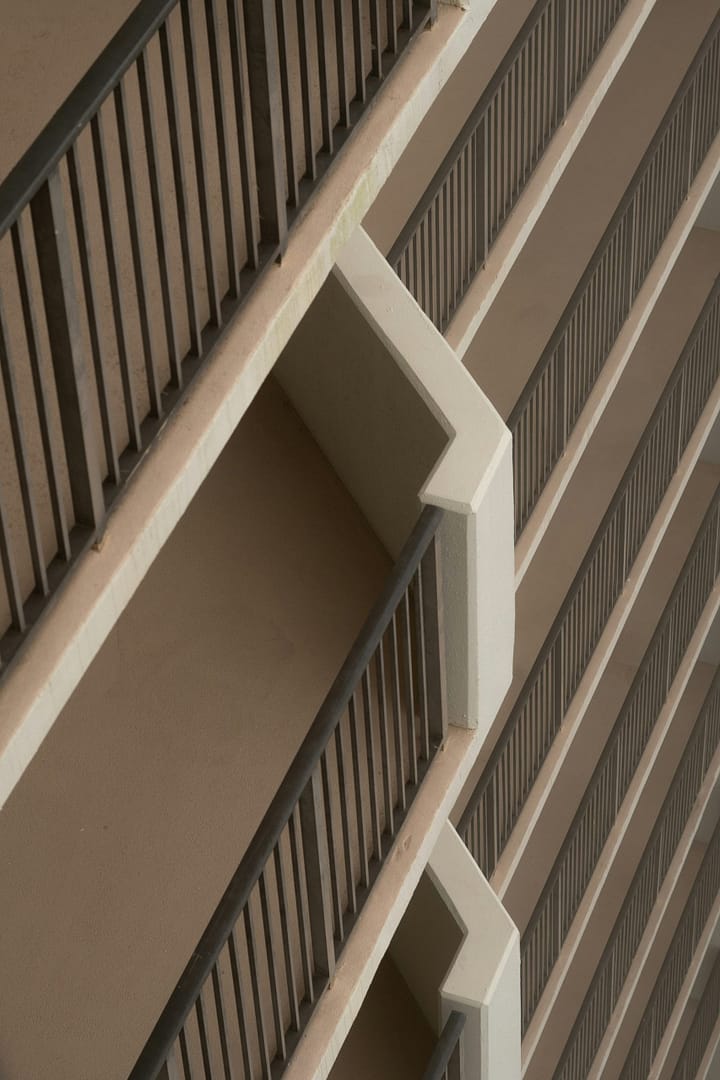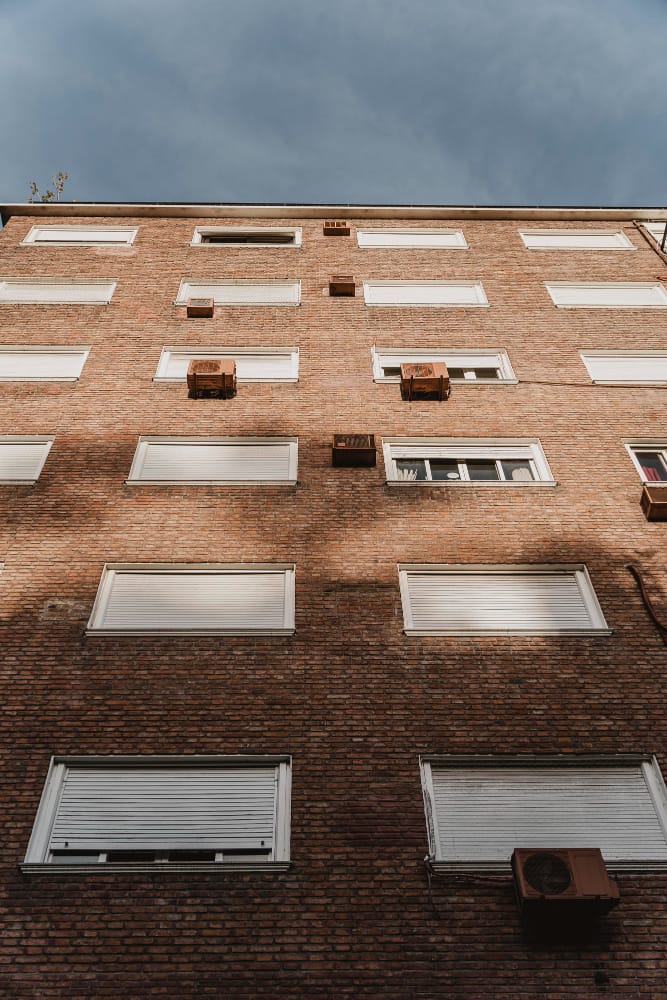If you’re living in rented accommodation, your landlord has a legal responsibility to keep your home in a safe and livable condition. Unfortunately, not all landlords meet this responsibility, leaving tenants living in properties that are in a state of disrepair. If you find yourself in this situation, you may be able to make a housing disrepair claim to get the repairs carried out and possibly receive compensation for any inconvenience caused.
What is classed as housing disrepair?
Housing disrepair refers to any problem with a rented property that makes it unsafe or uncomfortable to live in. Some examples of housing disrepair include:
- Damp and mould
- Leaks and water damage
- Electrical problems
- Broken heating systems
- Pest infestations
- Structural damage
- Asbestos exposure
- Gas safety issues
If your landlord has been made aware of these issues but has failed to take action, you may be able to make a housing disrepair claim.
What defines a disrepair claim?
A disrepair claim is a legal claim made by a tenant against their landlord for failing to carry out necessary repairs to the property. To make a successful claim, you must be able to prove that:
- The disrepair is the landlord’s responsibility
- You have reported the issue to the landlord
- The landlord has failed to take appropriate action
- You have suffered harm or inconvenience as a result of the disrepair
Find out more about how to make a successful claim by getting in contact with National Claims today, where you will be put in touch with an experienced member of our claims specialists team.
How to make a housing disrepair claim?
To make a housing disrepair claim, you should follow these steps:
- Report the disrepair to your landlord or letting agent in writing, keeping a copy of the letter or email for your records.
- Allow your landlord a reasonable amount of time to carry out the necessary repairs.
- If your landlord fails to take action, seek legal guidance from National Claims.
- Provide evidence of the disrepair, such as photographs, receipts, and medical reports if applicable.
- Work with your solicitor to file a disrepair claim in court.
What can I claim for in housing disrepair?
If your housing disrepair claim is successful, you may be entitled to:
- Repairs to the property
- Compensation for any inconvenience caused
- Compensation for any damage to your personal belongings
- Compensation for any health problems caused by the disrepair
- Reduction in rent paid
How to calculate damages for housing disrepair?
The amount of damages you may be entitled to will depend on the severity of the disrepair and how it has affected you. Your solicitor will work with you to calculate the appropriate amount of damages to claim.
Do I need to pay anything upfront?
No, you should not have to pay anything upfront to make a housing disrepair claim. One of our solicitors from our panel will offer a no-win, no-fee arrangement, meaning that you will only have to pay their fees if your claim is successful.
Could I get evicted for making a claim?
No, you cannot be evicted from your home for making a housing disrepair claim. It is illegal for a landlord to evict a tenant in retaliation for making a complaint or claim.

What do I need for my claim to be successful?
To increase the chances of a successful housing disrepair claim, there are several things you can do:
- Report the issue to your landlord or letting agent in writing, keeping a copy of the letter or email for your records.
- Keep a record of any correspondence with your landlord or letting agent about the issue, including dates and times of phone calls and meetings.
- Take photographs or videos of the disrepair, including any damage caused to your belongings.
- Keep receipts for any expenses you have incurred as a result of the disrepair, such as heating bills or hotel costs.
- Seek medical advice if you have suffered any illness or injury as a result of the disrepair, and keep a record of any treatment or medication prescribed.
- By taking these steps, you can provide strong evidence to support your housing disrepair claim and increase the chances of a successful outcome. Remember, you have the right to live in safe and habitable conditions, and if your landlord is not meeting their legal responsibilities, you have options for taking action.
What are considered uninhabitable living situations in the UK?
In the UK, uninhabitable living situations can be defined as those that pose a risk to the health or safety of occupants. Some examples of uninhabitable living situations include:
- Lack of heating or hot water
- Severe damp or mould
- Pest infestations
- Structural damage
- Electrical faults
- Gas leaks or faulty gas appliances
- Blocked or broken toilets or drains
- Lack of fire safety measures
Who can claim for housing disrepair?
Any tenant or occupier of a rented property can make a housing disrepair claim if they have reported the issue to the landlord and the landlord has failed to take appropriate action.
Note: You can only make a claim if you are currently living in social housing.
What repairs should a landlord be responsible for?
Under the Landlord and Tenant Act 1985, landlords have a legal responsibility to ensure that their properties are safe and habitable. This includes the responsibility to carry out necessary repairs to the property, such as:
- Structural repairs, including to walls, roofs, and windows
- Repairs to heating and hot water systems
- Electrical repairs, including to sockets and switches
- Repairs to plumbing, including to pipes and drains
- Repairs to any appliances provided by the landlord, such as fridges or ovens
What can I do if my landlord refuses to make repairs?
If your landlord refuses to make necessary repairs to your rented property, you should take the following steps:
- Report the issue to your landlord or letting agent in writing, keeping a copy of the letter or email for your records.
- Allow your landlord a reasonable amount of time to carry out the necessary repairs.
- If your landlord fails to take action, seek legal guidance from a National Claims.
- Contact your local council’s environmental health department, who may be able to carry out an inspection of the property and issue an improvement notice to the landlord.
- If all else fails, consider making a housing disrepair claim against your landlord by contacting us at National Claims, where we can help with housing disrepair claims.
How much compensation for housing disrepair?
To determine the compensation you qualify for in relation to your housing disrepair, the most effective approach is to complete one of our claims forms, accessible throughout our website.
Conclusion
In conclusion, if you are a tenant or occupier of a rented property, you have the right to expect that the property is safe and habitable. If you are living in uninhabitable conditions due to disrepair, you may be able to make a housing disrepair claim against your landlord. To do so, you must meet certain criteria, such as reporting the issue to your landlord and allowing them a reasonable amount of time to carry out necessary repairs.
If your landlord refuses to make the necessary repairs, you should seek legal guidance and consider taking legal action. By understanding your rights as a tenant and knowing what repairs your landlord is responsible for, you can ensure that you are living in safe and habitable conditions.
For more information about starting your claim regarding housing disrepairs, contact National Claims where you will be given further guidance on the claims process and how to make a claim against your landlord.
Click below to see why we are one of the most trusted claims management companies in the UK.





